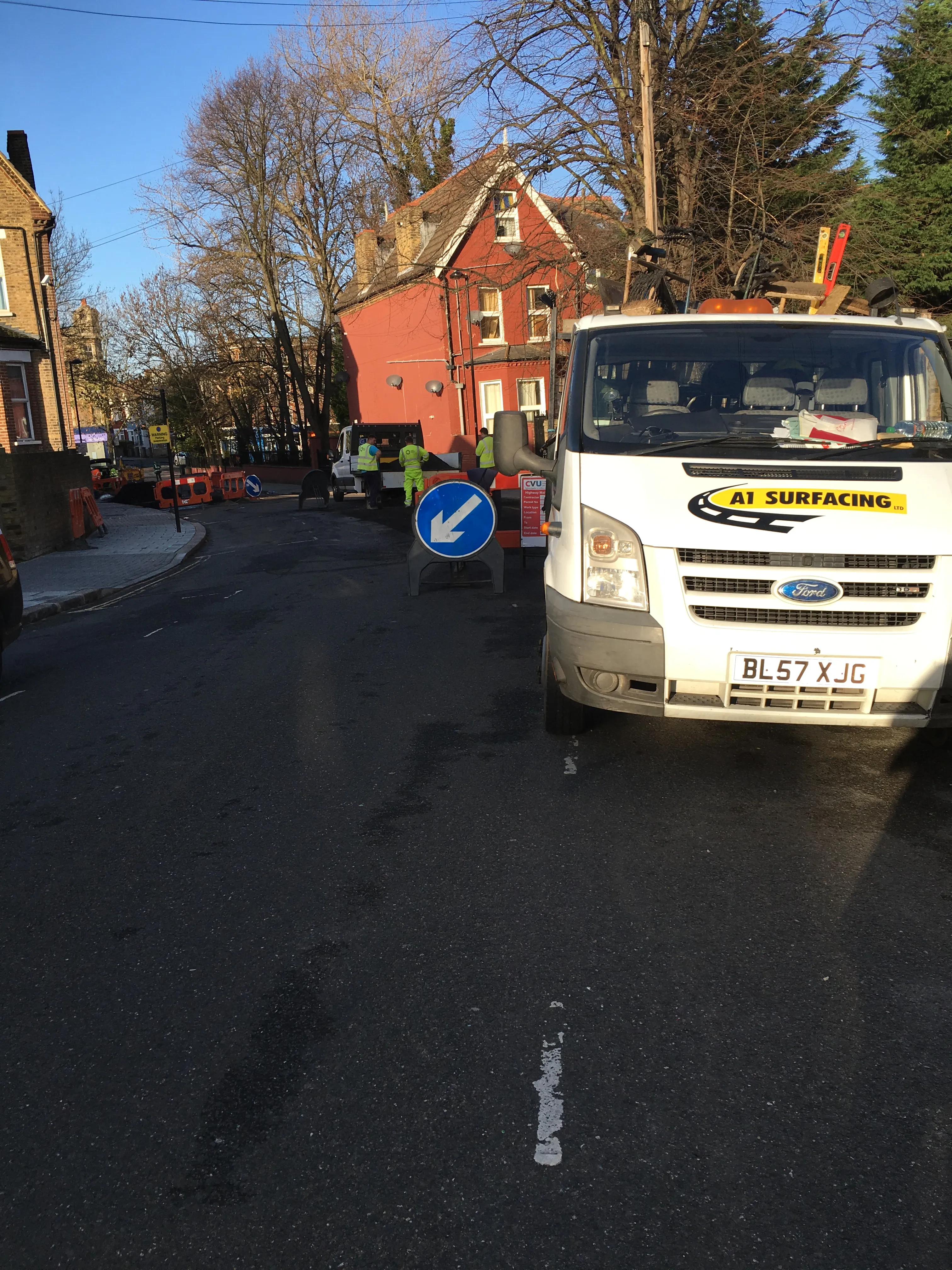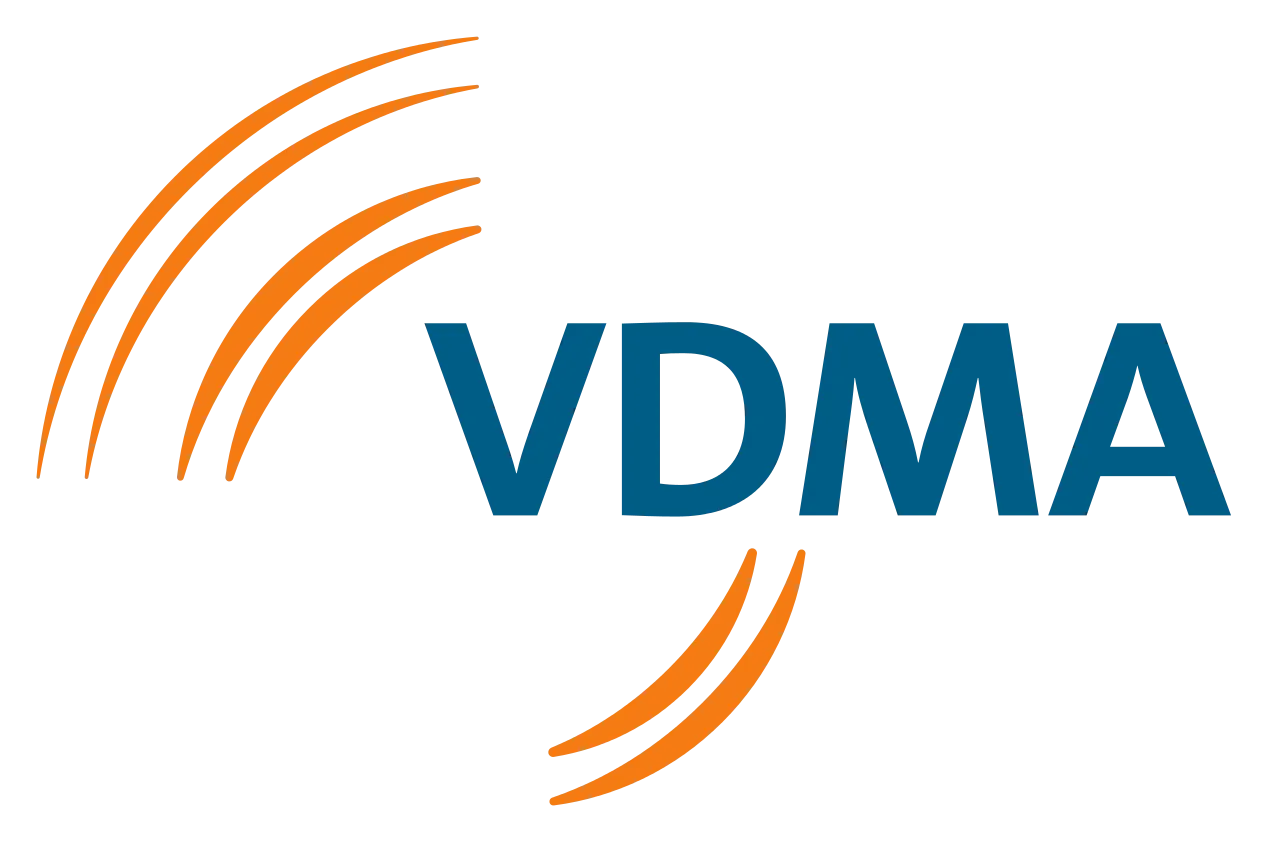
Once the NRMM Regulation enters into force, the European Commission will have two years to issue delegated acts outlining the specific technical requirements for road approval. The publication of this study represents a promising step forward, providing essential groundwork for these future regulations.
CECE members were pleased to note that many elements of the study aligned with proposals previously made by the industry in the 2019 ITF (Industry Task Force) document. This alignment highlights the thoughtful work by fka-TRL and validates the industry’s earlier contributions. Key examples include alignment on steering systems, as well as lighting and lighting installation requirements.
However, the study also highlighted areas of concern, particularly regarding masses and dimensions. Restrictions on machinery could pose challenges for manufacturers, although the study’s openness to the use of “mean group pressure” is a positive development. This approach could help manufacturers maintain a system closely aligned with current practices, avoiding the risks of a highly restrictive framework. It is also critical to ensure that existing exceptions granted at the national level are adequately reflected in future delegated acts.
Questions remain around the value of requirements such as structural integrity, which the study suggests are already sufficiently stringent under the Machinery Directive. CECE has emphasised that NRMM equipment is subjected to intense workloads during operations, far exceeding the stresses encountered during road transit/transfer. As such, additional requirements for road use might not add substantial value.
CECE is also closely monitoring how requirements for electric machinery will develop under the delegated acts of the NRMM Regulation.
This comprehensive and well-aligned study represents a crucial step toward a robust and practicable framework for NRMM road approval, and CECE will remain actively engaged in the next steps.







